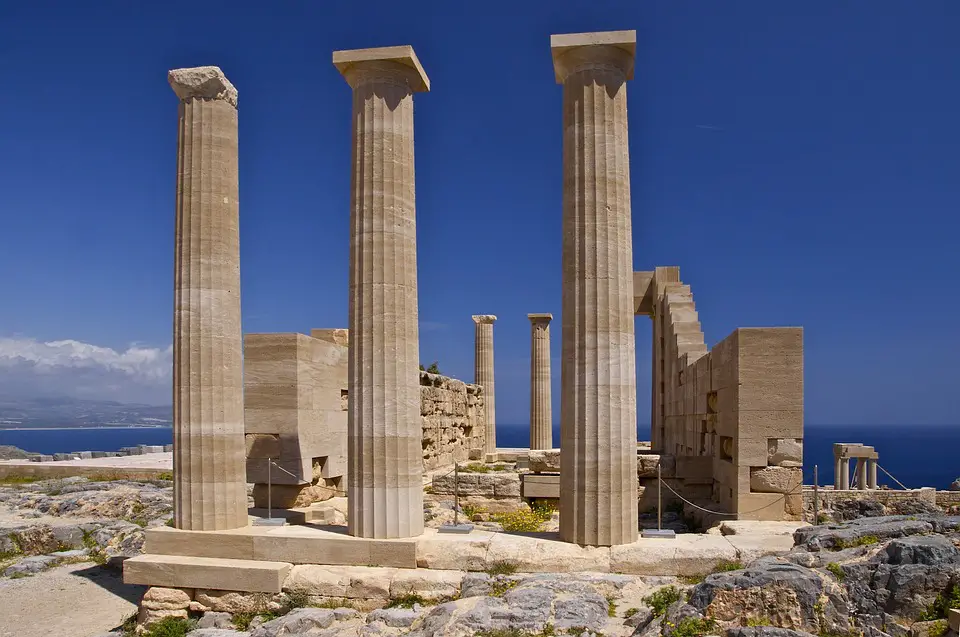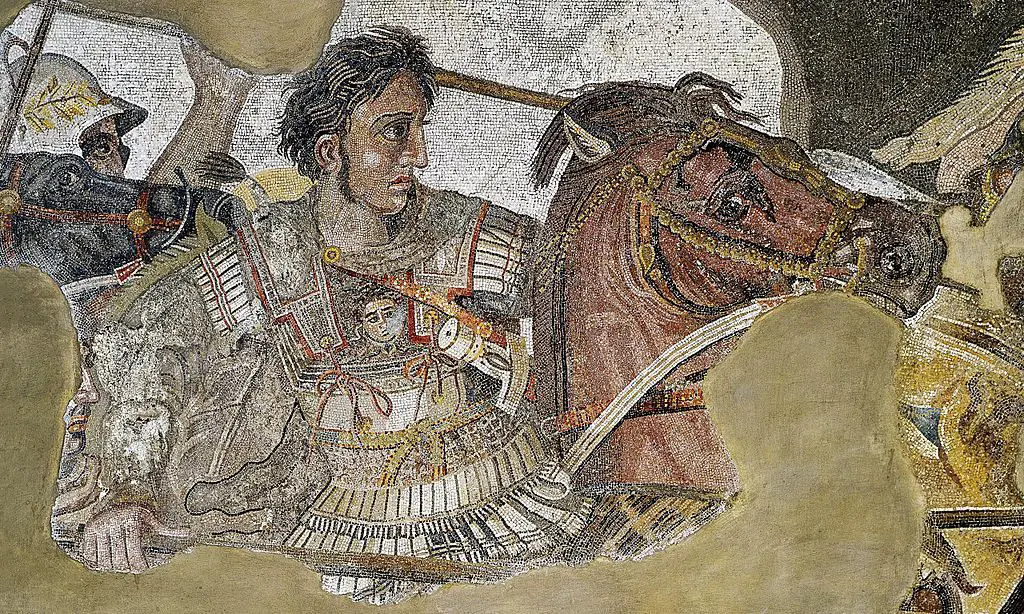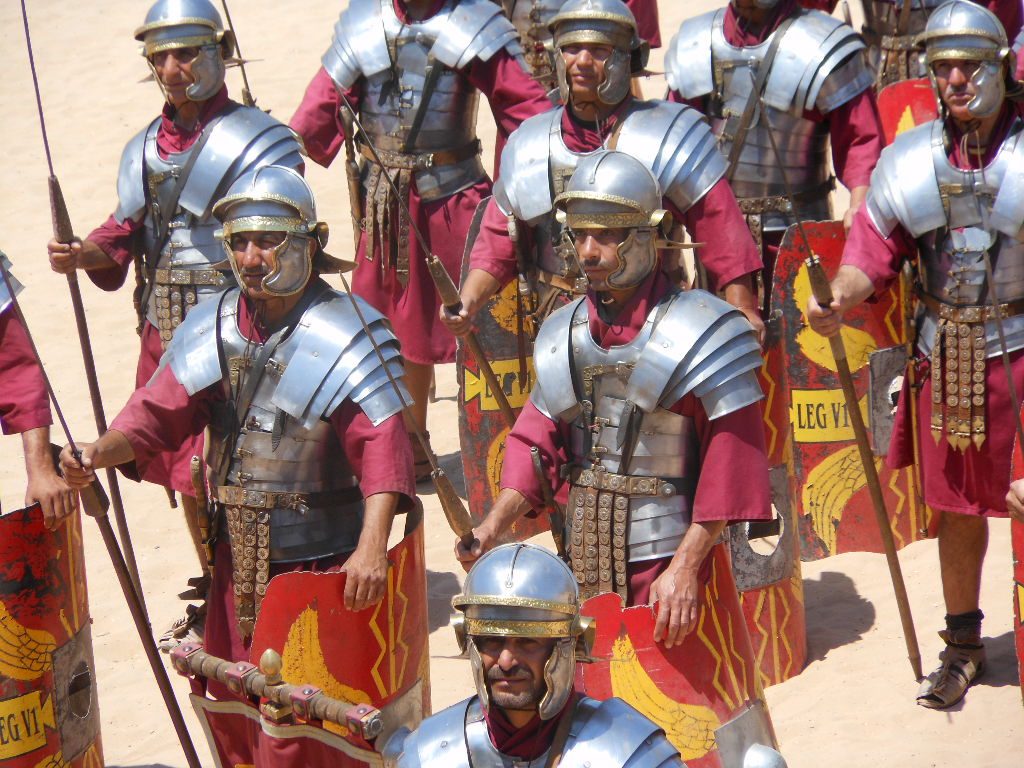For hundreds of years, Ancient Greece was one of the most powerful civilizations in the world. But like other ancient civilizations and empires, Ancient Greece eventually fell into decline.
While Ancient Greece was declining, the Romans were rising. This new power eventually conquered the Greek city-states.

Factors that Led to Decline
Even before the Romans entered the scene, several factors led to the decline of Ancient Greece:
- Greece was never a united empire. It was divided into many city-states with their own independent governments. There was not a sense of community or loyalty.
- The city-states were constantly warring against one another and other enemies like Persia. This cost lots of money and lots of lives, making Ancient Greece weaker against invasion from outside forces.
- Sparta defeated the once great power of Athens, and Thebes later defeated the once great power of Sparta.
- The poor lower classes in Ancient Greece started to rebel against the wealthier upper classes. This was another cause of internal conflict.
- Greek colonies had a similar culture. However, they were not strong allies to the Greek city-states.
Together, these factors made Ancient Greece vulnerable to attacks from other powerful civilizations.
Macedonia
Before the Romans, Greece was taken over by the Macedonians. Phillip II of Macedon conquered Thebes and Athens. He united most of Greece under his rule.
After the death of Phillip II, Greece was ruled by his son, Alexander the Great. Alexander conquered the massive Persian Empire and parts of Central Asia. He admired Greek culture so much that he spread it everywhere he went.

Although Phillip and Alexander were Macedonian kings, their rule is considered part of Ancient Greek civilization. They respected Greek culture, and daily life in Ancient Greece remained much the same.
The main difference was that for the first time, Ancient Greece was united under one ruler.
Death of Alexander the Great
Alexander the Great died at the age of 32. His death was mysterious, and historians still don’t know what caused it (although now we may know why – it could have been a neurological disorder). He could have died of typhoid fever, malaria, alcoholism, infection, or even poison.
However Alexander the Great died, he had not named a successor to inherit his throne. Some historians think this was because Alexander believed he was a god and did not expect to die.
Alexander’s empire was divided among his generals. These divisions soon began fighting. To some degree, Ancient Greece was still ruled from the palace at Macedon by Antigonus II Gonatus.
During this time, the city-states of Ancient Greece declined.
Rome Rises
Meanwhile, a new power was rising. The Romans, a civilization in Italy, were becoming prosperous and powerful. The Greeks wisely started to see Rome as a threat.
In 215 BC, Carthage and parts of Greece formed an alliance against Rome. Soon after, Rome won a series of battles against Macedon. Macedon was defeated.
After the defeat of Macedon, the Roman Republic steadily gained influence in Greece.

Battle of Corinth
In 146 BC, the Roman forces fought against the Achaeans, a group made up of cities like Sparta and Corinth.
The Romans had 23,000 infantry and 3,500 cavalry. The Achaeans had 14,000 infantry and 600 cavalry. The Achaeans had a successful night raid against the Romans, but this was their only minor victory.
Rome destroyed the city of Corinth completely. All the citizens of Corinth were killed or sold into slavery. The Romans wanted to set an example for the other Greek people.
After this defeat, Greece lost its independence and became a Protectorate of Rome. The Battle of Corinth marked the end of Ancient Greek civilization.
Other Interesting Facts About the Decline and Fall of Ancient Greece
- Ancient Greece is not called an “empire” because it was never united. Historians use the term “civilization” to describe the separate Ancient Greek city-states.
- The Roman army used a new fighting formation called the “maniple.” The maniple was more flexible than the phalanx used by the Greek soldiers.
- The Greek language continued to be the main language in the eastern part of the Roman Empire for at least 100 years.
- In fact, much of Greek culture remained the same. It even had a heavy influence on Roman culture. Romans began to copy Greek fashion, philosophy, and values.
- In 31 BC, Octavian Caesar officially annexed Greece as a province of Rome. He became Julius Caesar and Greece was part of his Roman Empire.
- Because Ancient Greek culture heavily influenced Roman culture and was spread throughout the world by Alexander the Great, the culture remained even after the civilization ended. It had a huge impact and influence on the modern world.
More on Ancient Greece.